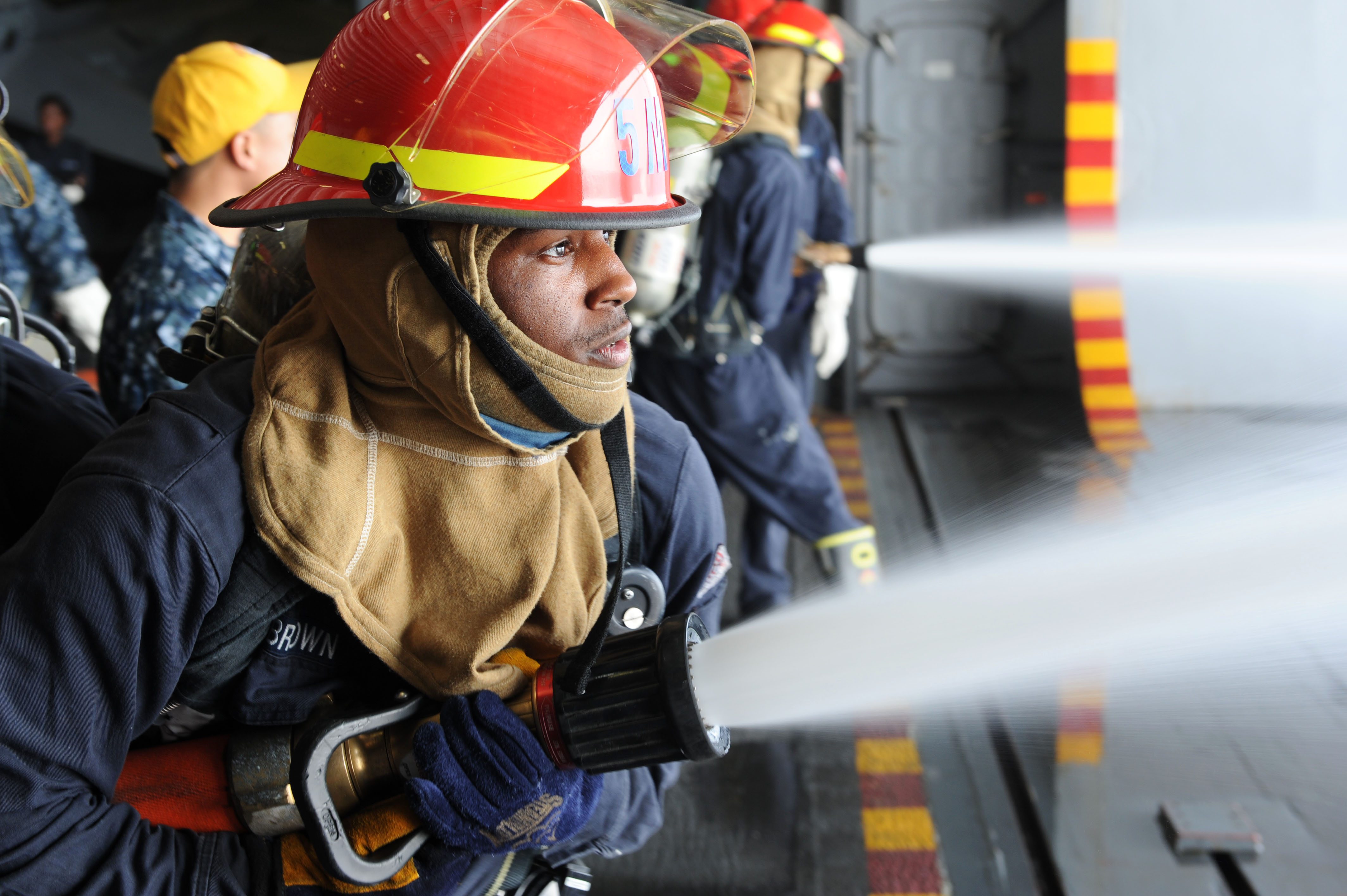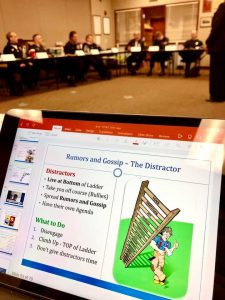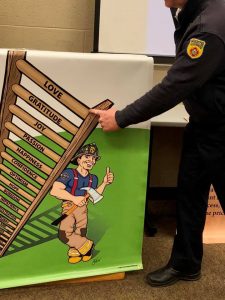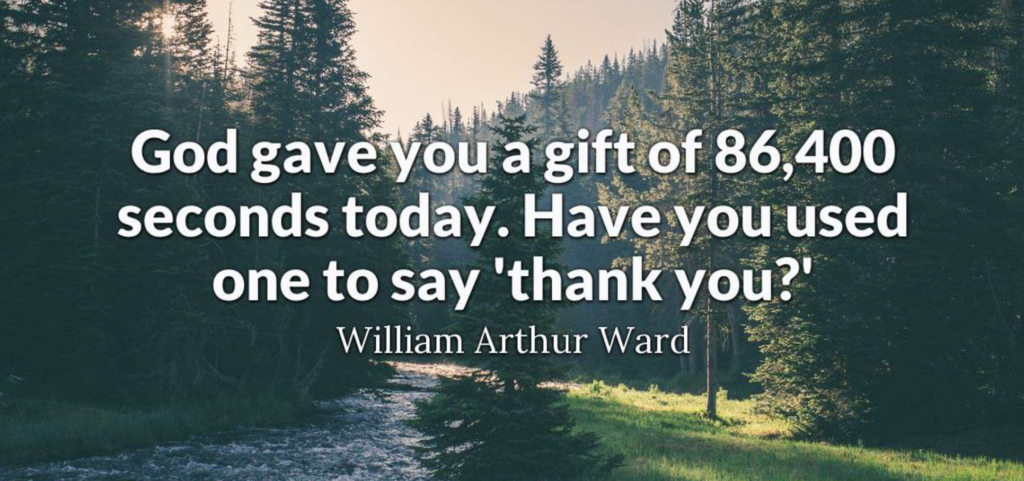Firefighters face physical challenges every day. But what happens to their emotional health and wellbeing after being on the job for 10, 15, 20 years?
Career Cumulative Trauma is experiencing and/or being exposed to repetitive mental trauma over the lifespan of one’s career.
 Every firefighter starts their career with an imaginary empty backpack. Depending on the traumatic event, small rocks to heavy boulders get added to that backpack.
Every firefighter starts their career with an imaginary empty backpack. Depending on the traumatic event, small rocks to heavy boulders get added to that backpack.
Over the span of a firefighter’s career, this Heavy BackPack can break at any moment, when least expected.
If you hear a firefighter say, “I’m Fine,” or “I’m good,” and your gut is telling you something is not right…
they are likely NOT FINE at all, and may be silently calling out for help.
We can’t expect a firefighter to carry the heavy burden of ongoing trauma without giving them mental strategies to deal with this stress.
Recently, we taught a Leadership and Trainer’s Class for the Worcester Fire Department in Massachusetts. Worcester Fire Department, like so many other agencies across the country face mental challenges that can weaken even the strongest firefighter.
The article on that training can be found HERE
“The city manager is really trying to make sure that the city team is racially understanding, that we have racial equity, that we’re an inclusive environment,” Dyer said.
Stress on the job increases with situations like:
- On-the-job loss of life
- Suicides
- Exposure to traumatic events
- Working with Toxic Co-Workers
- Pandemic Work Conditions – COVID 19
- Personal and Family Issues
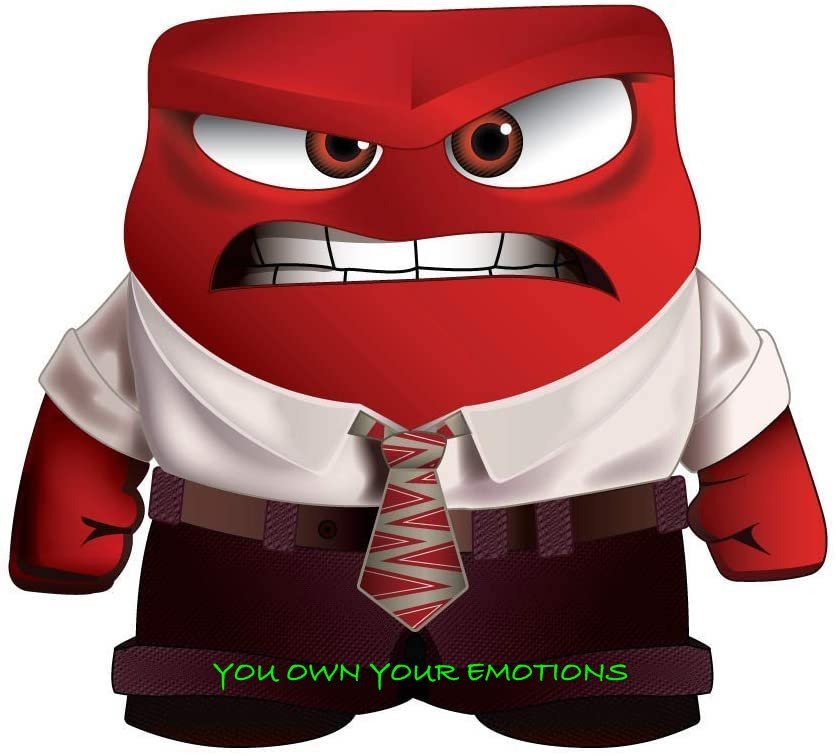 Knowing what makes you MAD, and learning what your Hot Buttons, and Implicit Bias is a start to officer wellness.
Knowing what makes you MAD, and learning what your Hot Buttons, and Implicit Bias is a start to officer wellness.
“It’s okay to be angry now and then… just don’t live in that anger.” ~ Randy Friedman
Tools, Exercises, and Climbing the Mental Ladder
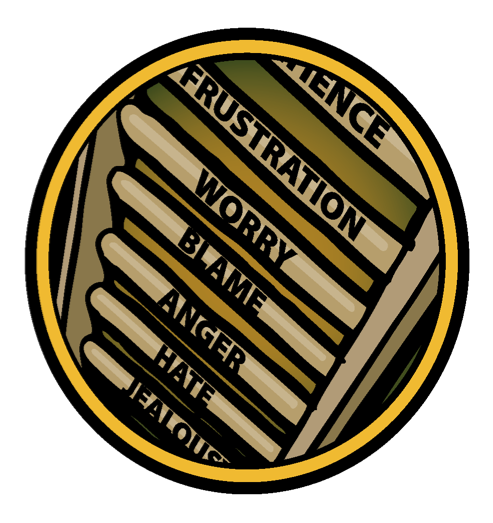 Using an 18-step ladder as a teaching tool, RITE Instructors take firefighters through the emotional depth of the lower steps (starting with FEAR at the bottom and proceeding up the Ladder towards GUILT, JEALOUSY, HATE, ANGER, BLAME, WORRY, FRUSTRATION, IMPATIENCE, AND BOREDOM). The higher one climb, the more positive the steps get.
Using an 18-step ladder as a teaching tool, RITE Instructors take firefighters through the emotional depth of the lower steps (starting with FEAR at the bottom and proceeding up the Ladder towards GUILT, JEALOUSY, HATE, ANGER, BLAME, WORRY, FRUSTRATION, IMPATIENCE, AND BOREDOM). The higher one climb, the more positive the steps get.
Climbing up, and up, and up, towards HOPE, OPTIMISM, CONFIDENCE, HAPPINESS, PASSION, JOY, GRATITUDE and ending with LOVE on the tippy top).
Placing a VALUED importance on where you are on this ladder is important to strengthening your mental wellness. If starts with being ‘Aware’ of where you are on your RITE ladder, called Emotional Awareness.
When you are ‘Aware’ of where you are on the ladder, then you can begin to place a VALUE on your own mental wellness. Your mental wellness value is important to your survival as a firefighter.
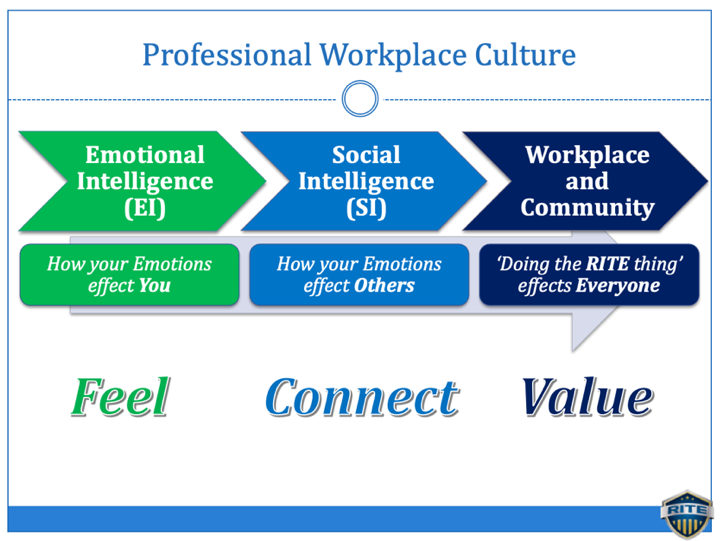
Start here by Asking yourself… Do you ‘Value’ You?
Three (3) questions to ask Yourself on Value:
- Do you waste time listening to toxic employees, or are You that toxic employee that finds fault in everything?
- Do you have personal goals on what You want to achieve in life?
- Are you a mentor to others, helping the agency build morale… or are you bringing it down?
When you VALUE your time and the profession, you are less likely to waste time listening to toxic co-workers ~ Linda Webb
Learn to ‘PIVOT’ from the naysayers that complain how bad the department is. Learning to Pivot will add Value to you as a key employee that loves and cares about the profession and the department.
Repetitive cynical and negative thoughts will slowly deteriorate your own mental wellness. As your mental wellness depreciates so does your focus on what is important to you. It can even cloud your judgement on-the-job, forcing you to make bad decisions, and lead to ‘block-out syndrome’ where you could harm yourself or others.
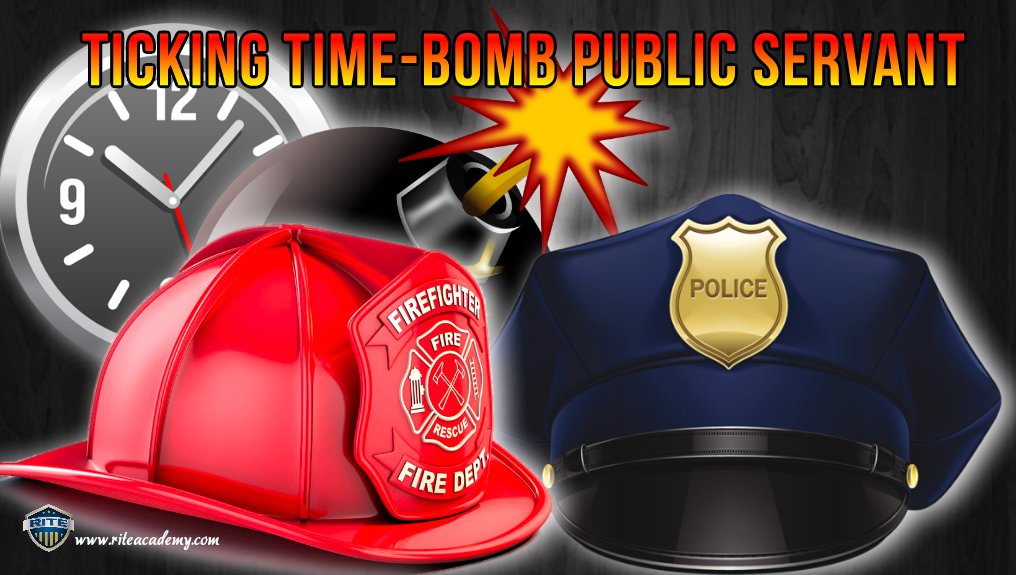 We call it the “ticking time bomb” that could even blow up one career.
We call it the “ticking time bomb” that could even blow up one career.
Firefighters can lose focus on personal value like:
- Listening to Toxic co-workers
- Becoming entitled – the Entitlement Complex…. ‘It’s all about ME’
- Self-Sabotage through addiction – Alcohol, Bad Eating Habits, Financial Instability, Divorce
Here are (4) steps to Change and building VALUE
- Awareness– Be Cognizant that you need to make changes.
- CareEnough About it to make change
- Stop and Think– Make a plan to change
- Practice, Practice, Practice.
RITE Academy teaches these steps for building value, while providing ‘cognitive imprint tools’ to help public service professionals improve their mental health. RITE has helped over 950 public service agencies, with its 3-prong approach of
- Improving Personal Value
- Builds Department Morale
- Increases Community Trust
Improving the work environment, by helping each firefighter’s mental wellness is the key to raising the bar on a Professional Workplace Culture.
So, take the first step to climbing your emotional intelligence ladder.
RITE’s Emotional Awareness ladder is the first step in learning what makes you tick. By asking yourself, “what I am feeling” you start the process of understanding your actions.
The RITE Model helps improve department morale while building community trust.
ABOUT
RITE Training helps ALL public service agencies improve communication to avoid the Block-out Syndrome, to De-escalate situations, build Career resiliency, Leadership skills, and Departmental recruiting. Contact us about RITE TRAINING at your agency.
